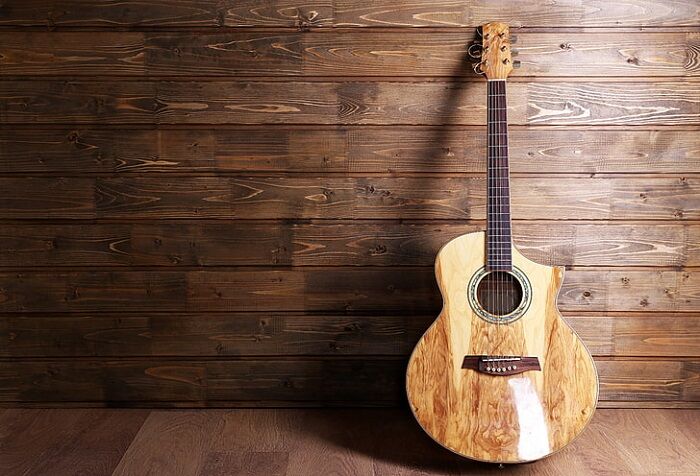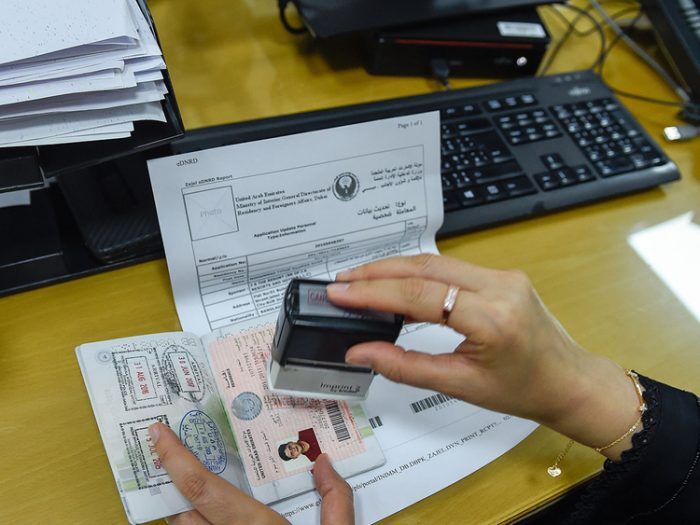This year made people aware that there could be more time that one can spend with his family and for his leisure. The global Covid infection and lockdown have taught us how to spend our leisure wisely and how well we could adhere to our passions in life. May be this pandemic is a good teacher too.
With all the extra time people have had on their hands in 2020, guitar sales have boomed, says classic instrument makers Fender. The brand has released a new range of electric guitars aimed at professional players, hoping that a sales boom in entry-level guitars will carry over into $1,000-plus instruments, even as many live music venues remain shuttered.
Fender released updated “American Professional II” versions of its iconic Stratocaster and Telecaster models long played by artists such as Eric Clapton and Bruce Springsteen.
But it is the bedroom players of tomorrow rather than the rock gods of yore that have pushed up revenue at Fender this year. The company said sales of sub-$500 instruments had grown 92 per cent since mid-March, when the coronavirus pandemic confined many Americans to their homes. This is an unexpected statistics, since general expectation was downfall in sales as pubs and bars were closed to curb the viral spread.
Many of those guitars were imported acoustic instruments purchased online by first-time players. The guitars released on Tuesday, by contrast, are built in Fender’s factory in California and cost more than $1,000 – the kind of professional tool performers relied on before bars and concert halls closed.
Fender Chief Executive Andy Mooney said the company has seen a U-shaped sales pattern, with first-time players snapping up instruments, and experienced players buying pricier guitars for home recording, to add to their collections or simply enjoy with extra time on their hands while working from home.
Since the company’s factory re-opened, it has added extra shifts to keep up with demand while complying with social distancing protocols. Mooney said he expects Fender to finish 2020 with more than $700 million in sales, up from more than $600 million in 2019.
“We’re selling everything that we can make in Corona, California, and everything we can find capacity to buy in Southeast Asia,” he said. “Generally speaking, you’ve got two and half hours extra per day, because you don’t have a commute to deal with” in major cities, he said. “So, what are you going to do with all that time?”





![The Top & Most Popular Seafood Bucket Restaurants in Dubai for you [Never Miss]](https://cdn-bcaic.nitrocdn.com/xbqiknhylajlKDYOliCLZeRuxPCWDGHz/assets/images/optimized/rev-b04d989/uae24x7.com/wp-content/uploads/2020/09/8-seafood-in-a-bucket-scaled-e1600739237403.jpg)